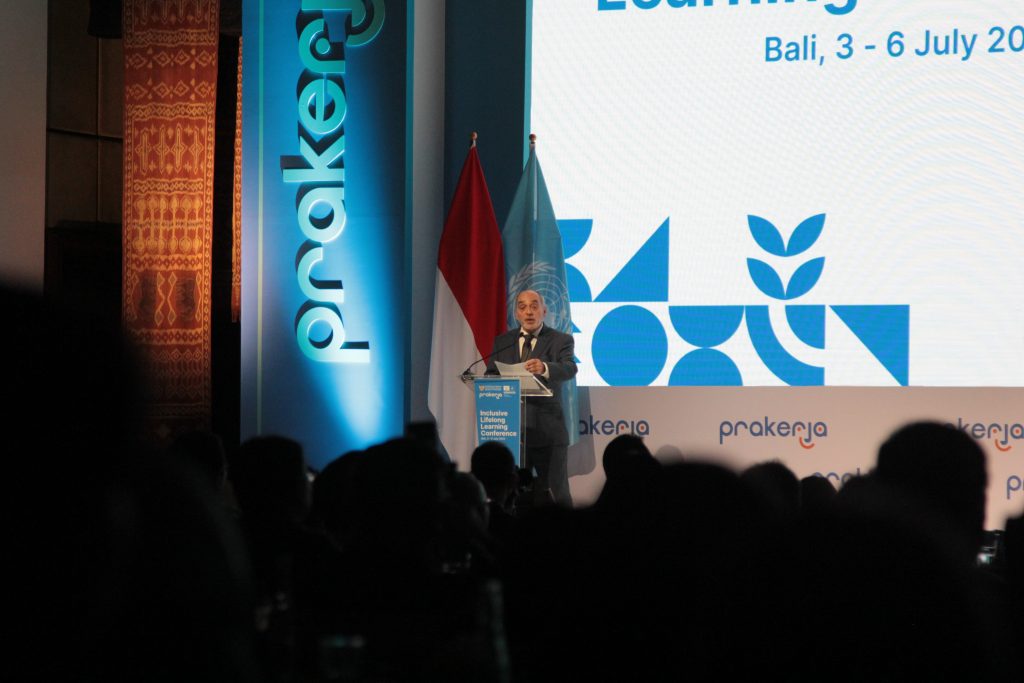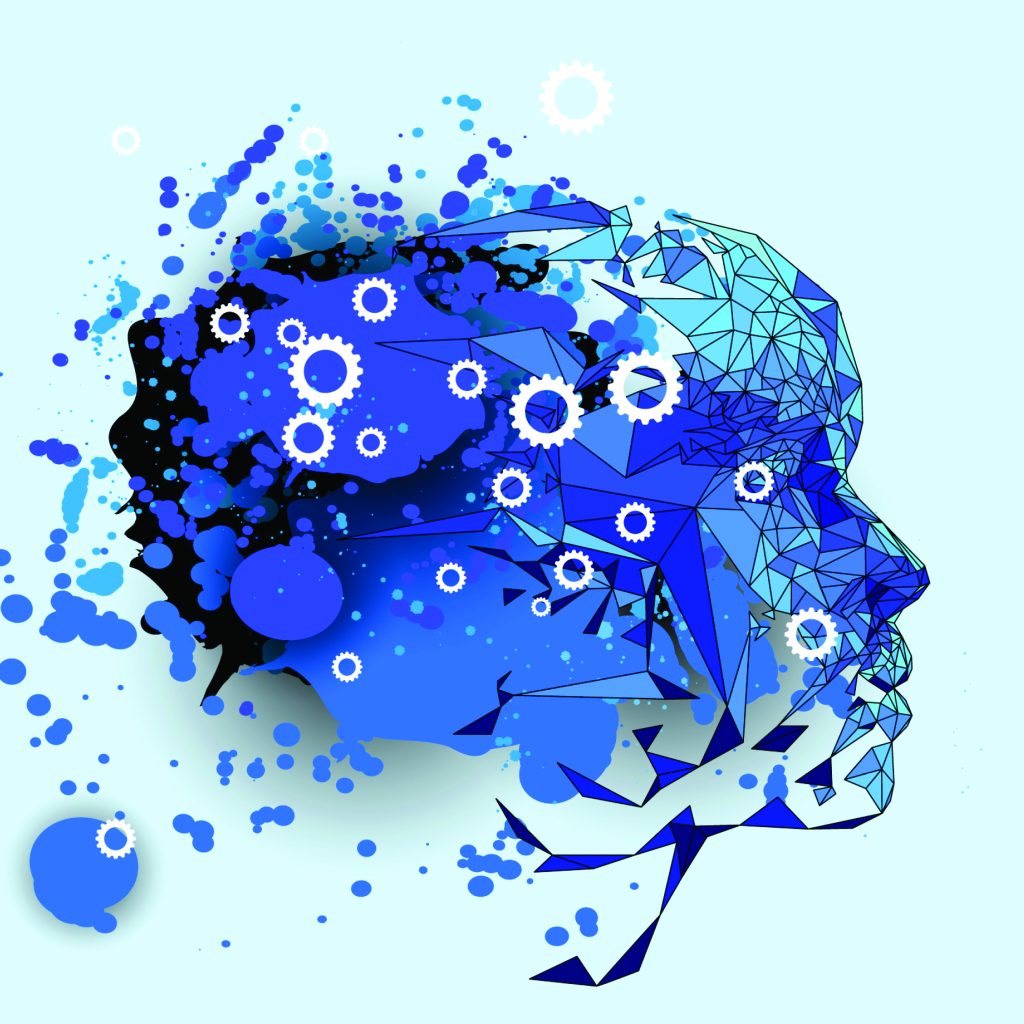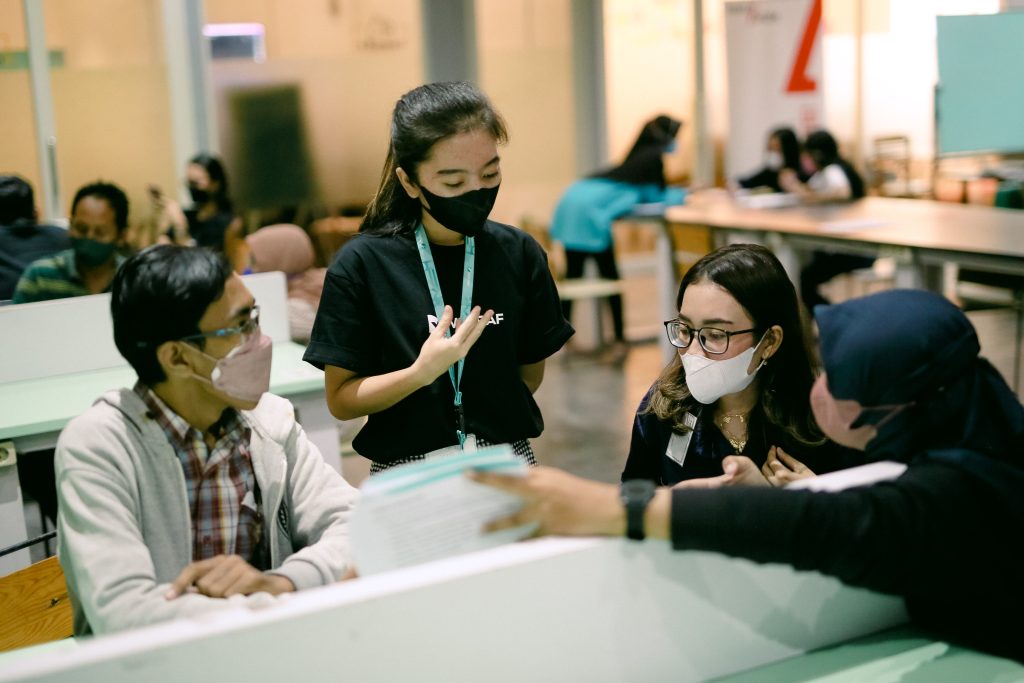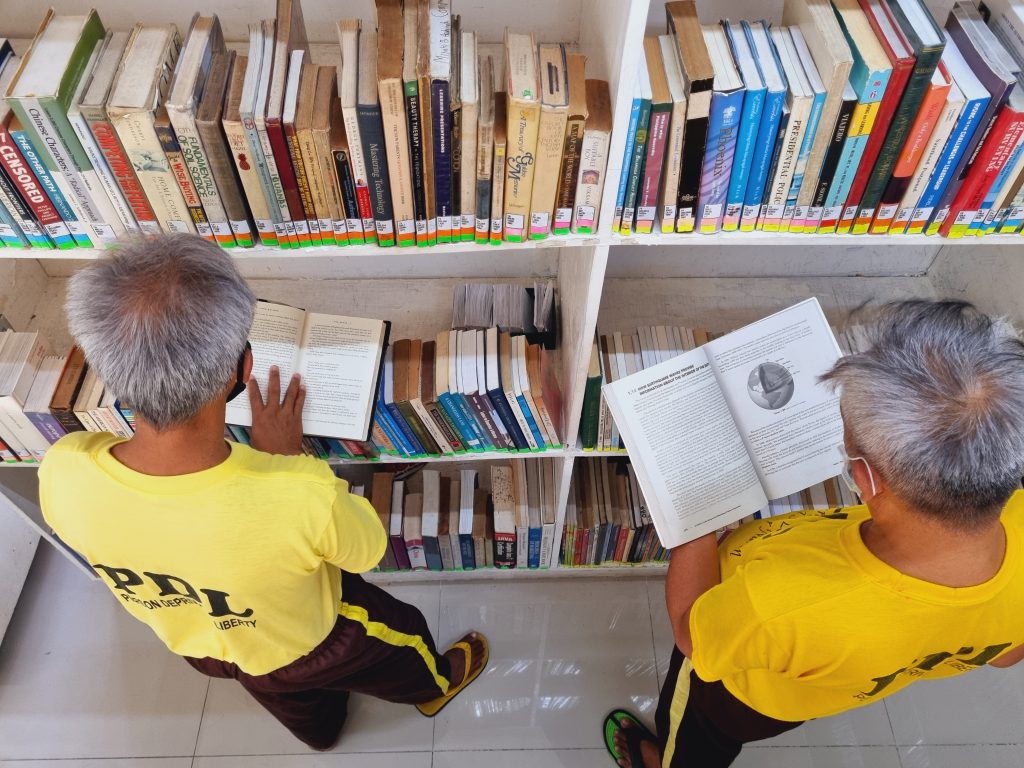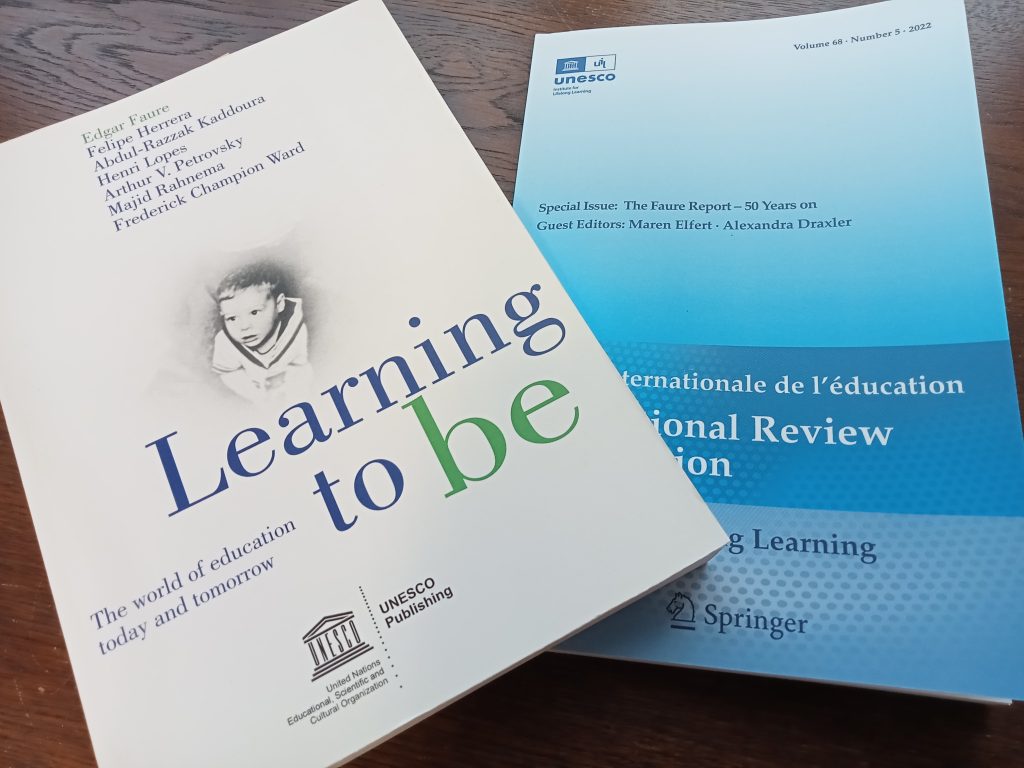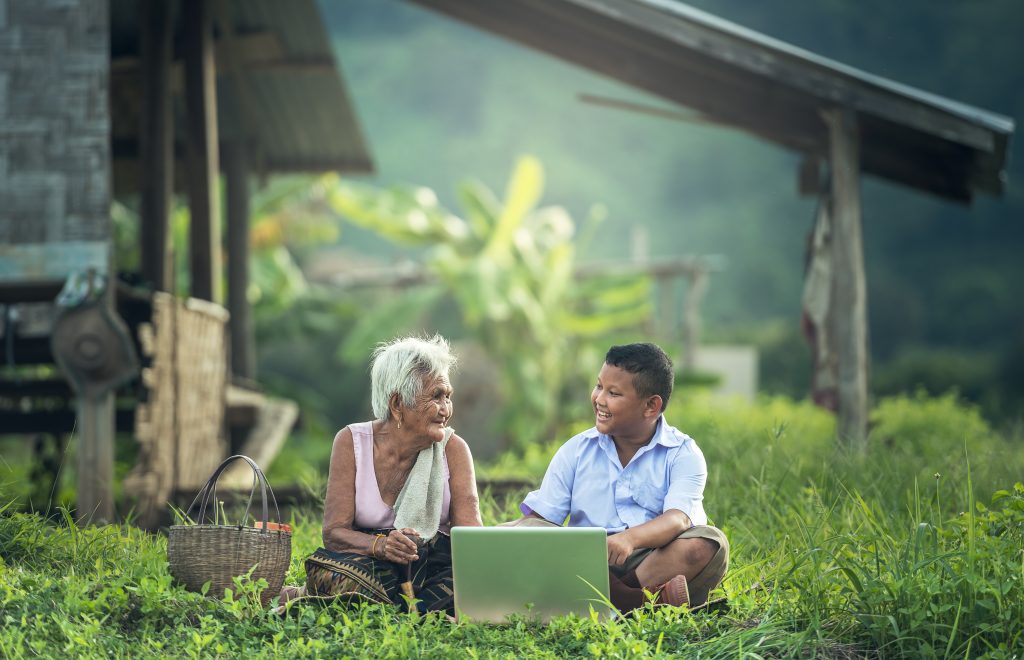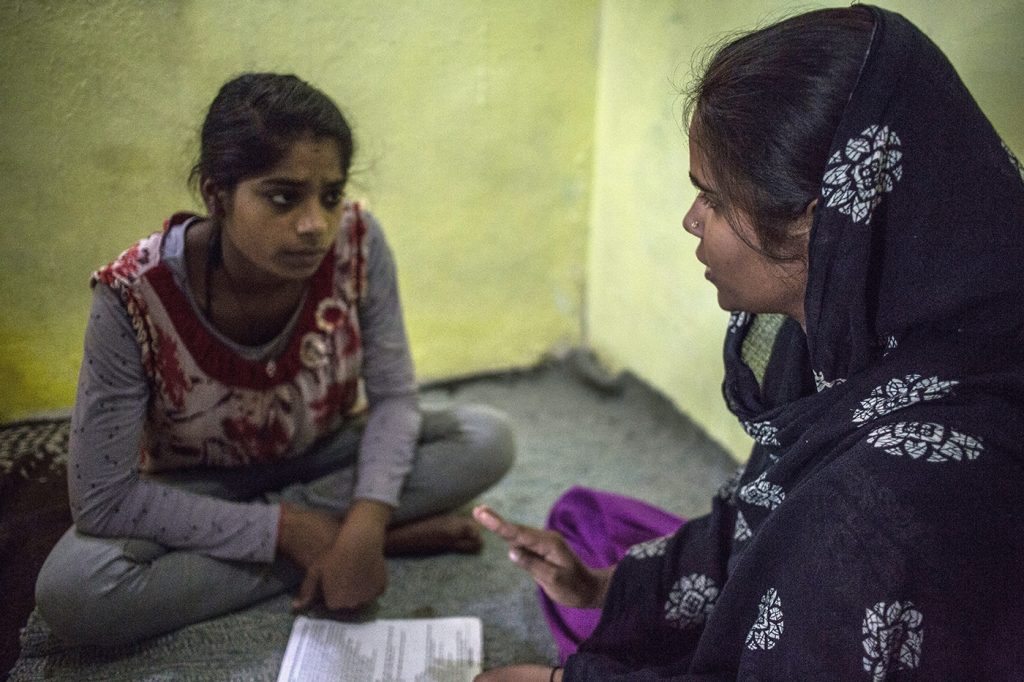In the first of a series of posts to mark the Sixth International Conference on Learning Cities, which focuses on the role of learning cities in promoting climate action, Bjørn Bedsted, International Director at Democracy X, reflects on the potential of climate assemblies in facilitating a green transition

The gap between what needs to be done to live up to the Paris Agreement, a legally binding international treaty on climate change adopted by 196 Parties at the UN Climate Change Conference (COP21) on 12 December 2015, and what is being done is growing. This gap leads to increased polarization between those calling for faster implementation of mitigation measures and those affected by and resisting such measures.
Continue reading

